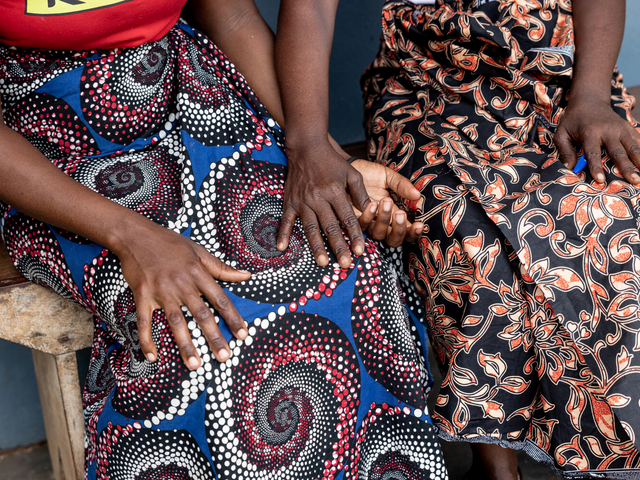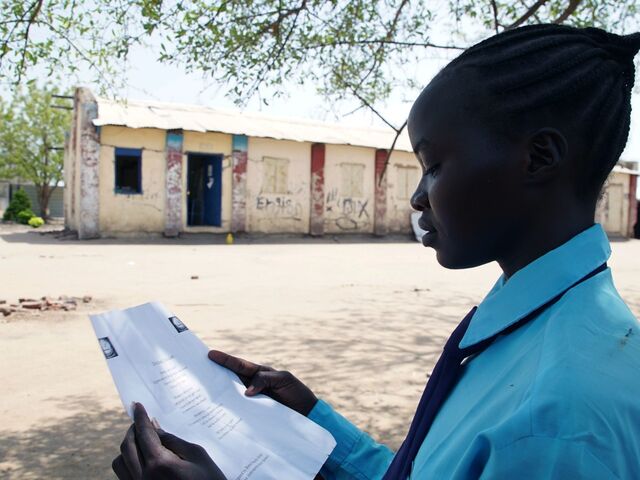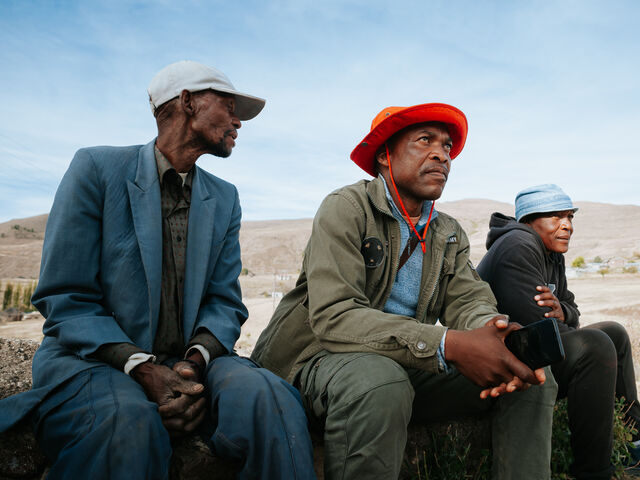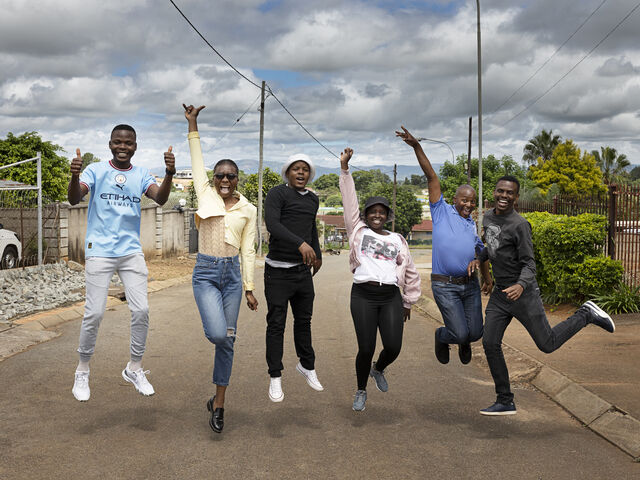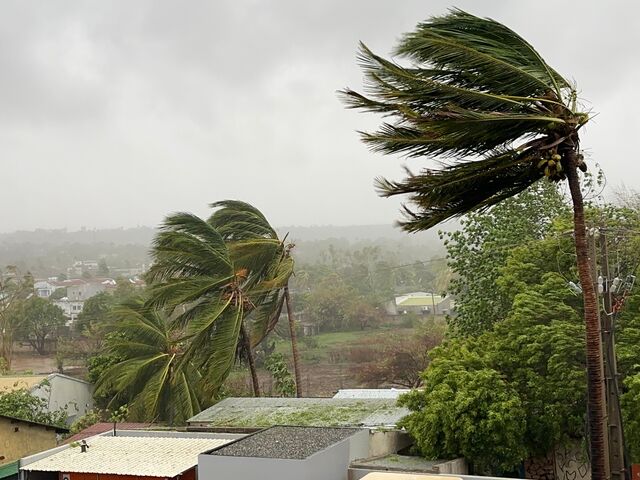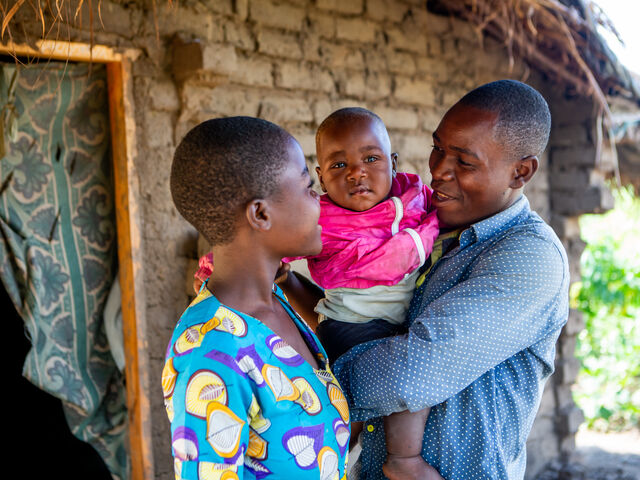Surviving Violence Amid Budget Cuts: UNICEF supports Eswatini’s social services to protect survivors and rebuild lives
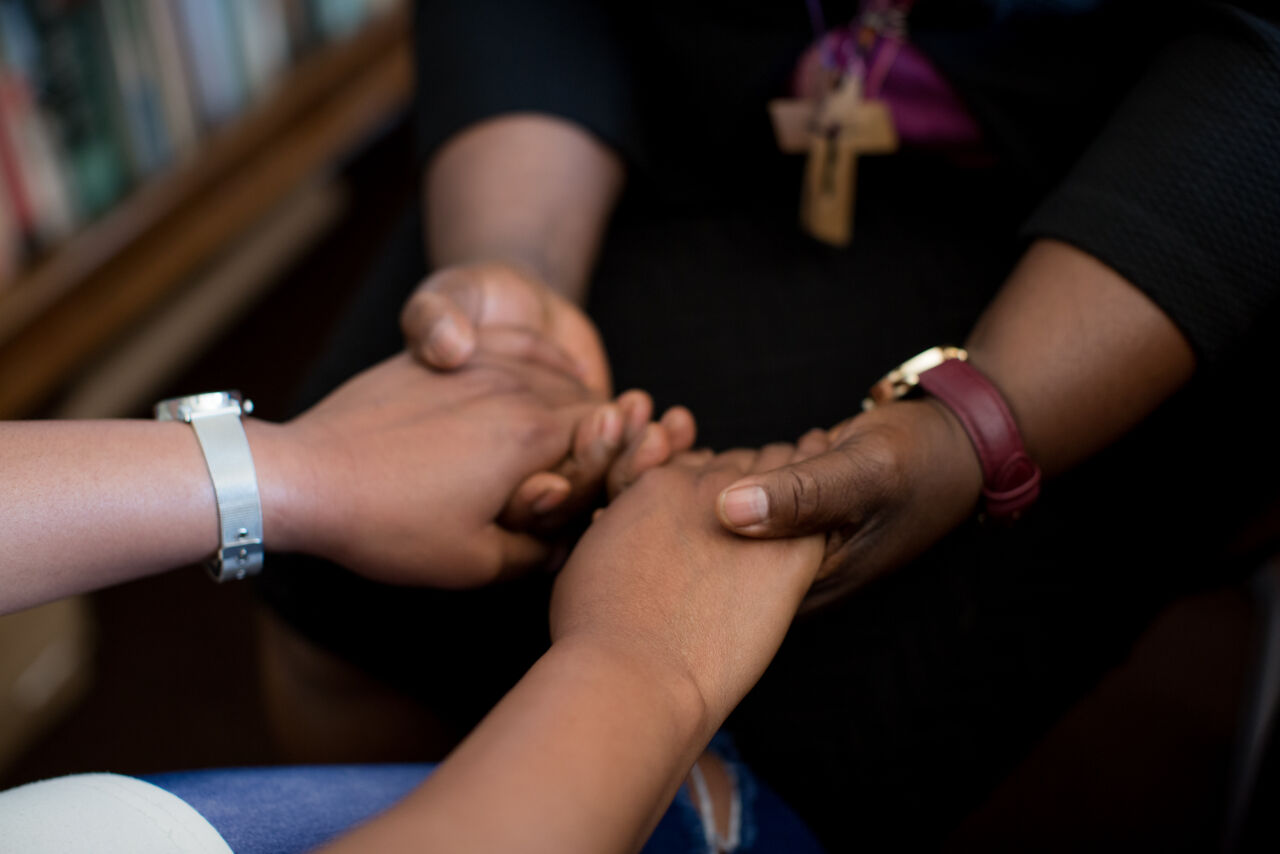
Surviving Violence Amid Budget Cuts:
UNICEF supports Eswatini’s social services to protect survivors and rebuild lives
“Every child has the right to grow up free from violence,” affirms Phumi Dlamini, UNICEF Eswatini’s Child Protection Specialist. “Since the recent funding cuts, our focus has been to sustain programmes that prevent violence and maintain critical services for vulnerable children and adolescents.”
A stretched protection system
Protecting children in Eswatini is no small feat. With a population of 1.2 million, the country has only about 100 government social workers roughly one for every 12,000 people. The pressure on this small cadre of professionals is immense.
Violence and HIV: A dual threat
The most recent Violence Against Children and Youth Survey (2022) reveals that one in four girls and young women, and one in three boys and young men aged 13–24, experience some form of violence. Around one in twelve females has experienced sexual violence in their lifetime, often at the hands of someone they know, a family member, or a current or former partner.
The stakes are heightened by Eswatini’s HIV epidemic. The country has the highest HIV prevalence rate in the world, with one in four adults (15–49 years) living with HIV. Adolescent girls and young women are disproportionately affected. Sexual violence not only harms survivors but also fuels the spread of HIV, making the prevention of violence a national priority and an integral part of the country’s HIV response.
When funding disappears
Globally, UNICEF has warned that international aid cuts are creating a child emergency, with millions of children at risk of losing access to protection, survival, and education services. Eswatini is no exception.
The recent withdrawal of funding led to the sudden loss of 24 full-time, community-based case workers who had been central to the HIV and violence response for adolescent girls and young women. Overnight, hundreds of active cases including survivors in urgent need of safe housing, medical care, legal support, and counselling were left in limbo.
Acting quickly to protect survivors
“The key was to react quickly and transition the cases into the hands of government social welfare professionals,” explains Phumi.
Before the cuts, case workers had been supporting 617 cases of violence, many involving young women already living with HIV or newly infected through sexual violence. In one year alone, three case workers closed 103 cases of sexual violence, resulting in 20 arrests and 14 ongoing court cases. With funding gone, survivors faced devastating uncertainty.
Eswatini’s national coalition, the Coordinating Assembly of NGOs (CANGO), stepped in urgently. Supported by UNICEF Eswatini, CANGO convened the Deputy Prime Minister’s Office, home to the Department of Social Welfare (DSW), and all key NGOs to agree on a way forward.
The outcome was an accelerated two-week plan to transition all high-priority cases, particularly sexual violence cases, to DSW. Each case was assigned to a government social worker closest to the survivor’s residence. To ensure trust and continuity, original NGO case workers introduced survivors and caregivers directly to their new government case managers. The aim, a seamless handover where no child or young person was abandoned.
Government stepping up
Without sustained investment, children remain at risk of losing life-saving protection. Survivors who come forward often face stigma and isolation and must rely on an already overburdened system. Yet, when supported, professional services can provide survivors with the care and justice they deserve.
Today, Eswatini’s government is stepping up, with UNICEF and partners providing technical and financial support to ensure that services remain effective. Efforts are focused on strengthening the capacity of government social workers, investing in training, and equipping them with the tools needed to manage complex cases.
“We are now supporting the government team to carry these cases forward, with training and resources to sustain quality care,” says Phumi. “The government has taken full ownership, and UNICEF Eswatini stands alongside them to build a child protection system that is not only resilient but future ready.”
